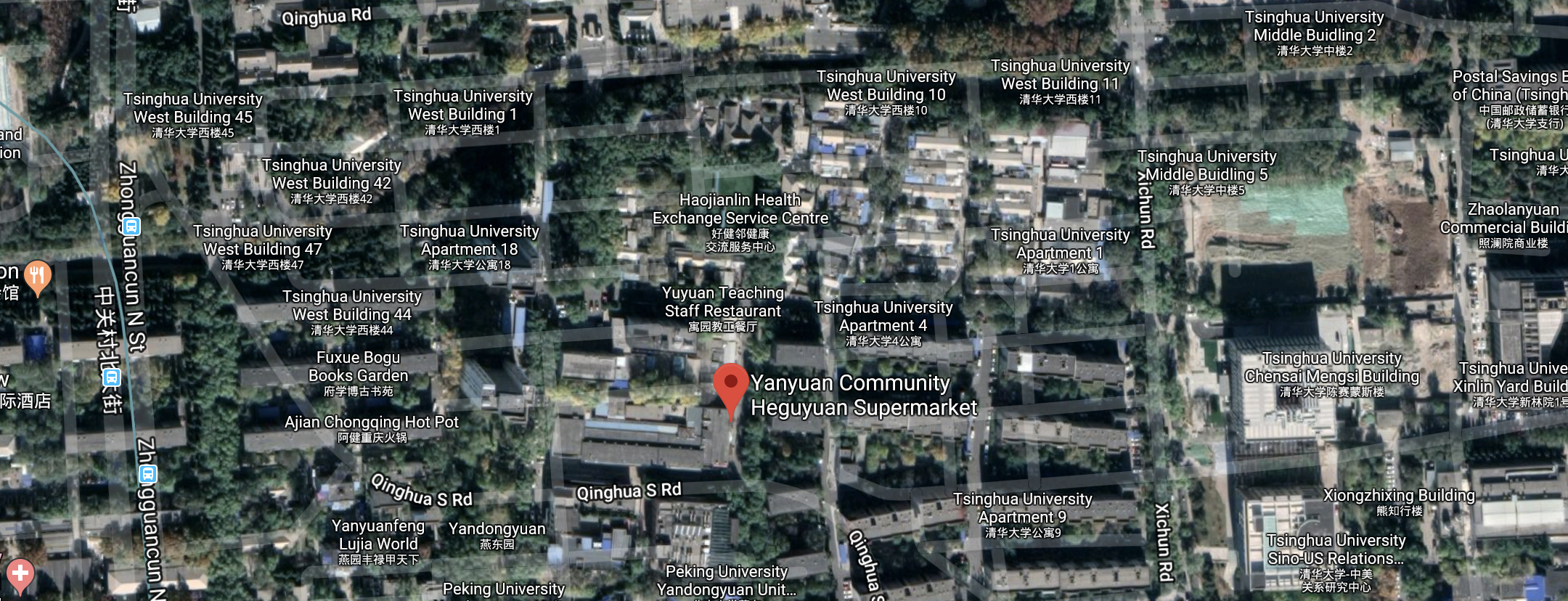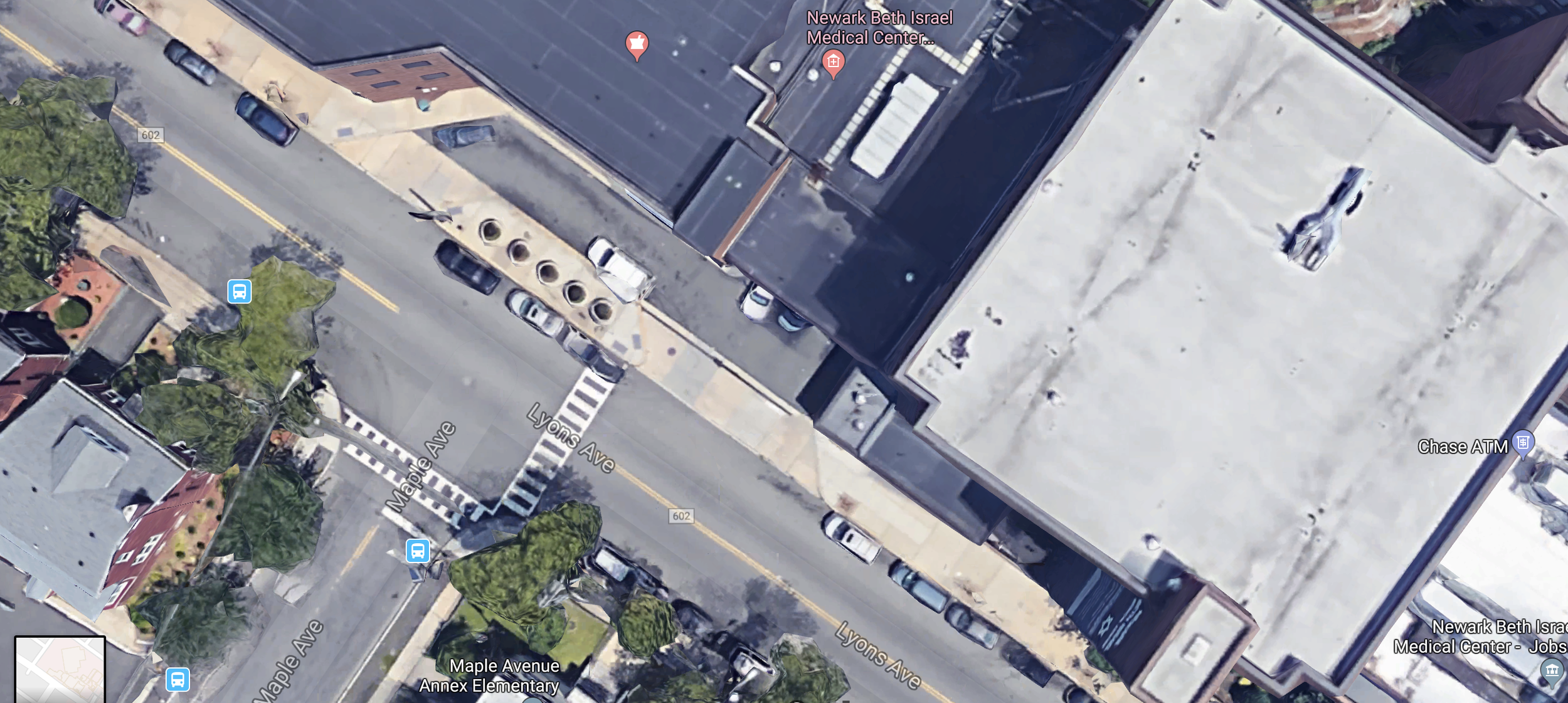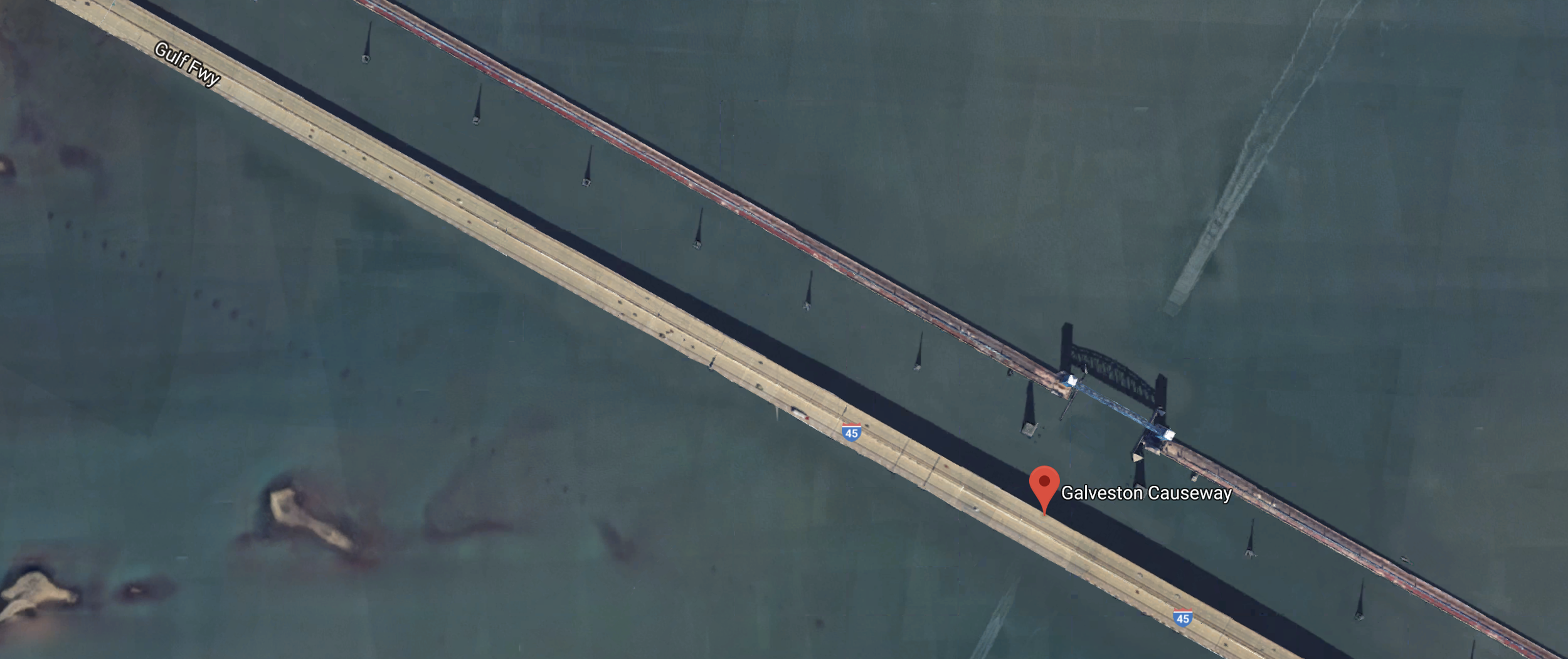re: memory.
Short prose and reflections, 2019.
Memory
Memories hold an important place inside me. They are a placeholder for a part of me that is no longer alive. They are not just imitations of the past—they are my only reference to the person I once was, and that is why I hold onto them so dearly.
Neurology—
Have you noticed that when you try to recollect an event, you cannot recall it in its entirety, but certain moments replay inside your head each time you try to remember? If someone else mentions a detail you had not remembered, you might recall it—but on your own, the same moments of the event are all you can remember. There is a scientific explanation to this. When you experience something, your senses trigger an electric currents through certain neurological pathways. Neurological pathways have natural resistance, but the more times currents pass through a certain pathway, the less resistance it has. In other words, without other outside influence, electric currents tend to travel down the pathways it has traveled the most. These pathways also change slightly each time a current passes through.
Going back to memories, we remember things when an environmental influence triggers the same neurological pathway as in a certain experience. Triggers may be a certain image, piece of music, or something much more abstract, like a logical thought process or your own stream of consciousness. Afterward, each time we recall a certain memory, it triggers the same pathways, which have been travelled before and have less resistance. This is why we tend to remember the same moments over and over again. This also means that there are moments in life we live through, but have disappeared in the depths of our brains because no external trigger ever brought it back up. Over time, memories become more difficult to re-trigger, and if too much time passes in between, the memory is buried and lost. This is why we tend to have fewer memories of longer ago, yet the ones we do have we have recalled many times before. The more times we recall a memory, the more distorted it becomes. This is because each electric current that passes through slightly alters the pathway, as mentioned above. Ironically, many of our most cherished memories, which we may recall the most often, tend to be the most distorted from reality.
The Death of Aaren—
On the rare occasions that I find myself in Florida, I sometimes hear the name “Aaren” hovering in the air around me. It is strange to hear this name roll of someone’s tongue and float toward me, until it reaches me and attaches like a sticker: tacky enough to stick, but easily removable. It is even strange to see her name spelled now on my work processor. “Ay-Ay-Ar-EeEn. How many times have I said those letters? Aaren has been ill since September 2014. Her illness was a chronic one, and she became weaker and weaker until her presence could barely be felt. Her skin became transparent and her voice became small and hollow. Sometime in 2017 she disappeared—but by then she was so pale and quiet that no one noticed until a few months afterward. There was no funeral, though there is mourning. Perhaps there will be a funeral one day. Aaren is only alive in my memory—otherwise, she is dead.
Shared Memory—
Last night I was thinking about a particular market I had been to several times before. I can remember how we’d walk in, and immediately there’d be mountains and mountains of fruits. Further right, there’d be piles and piles of vegetables, loosely organized by type. The entire interior was a mossy, sea-foam green. Cool white lights lit up the area from above, and the area smelled of dirt and the aromas of various plants. When I picture this in my head, it looks like a silent Wong Kar-Wai film, complete with the green-toned white balance. There are people speaking, laughing, and ambient sounds of movement—I can see this sound, but I cannot hear it.
I tried my best to identify the market, but I can't be sure this is the exact spot.
I thought of this particular place because after graduation, I’ll be moving to a new city. In that city lives the person I had gone to this market with. His name is Fan Zhiyi. You know the type of person that you once spent a lot of time with simply due to whatever situation life had put you in at that time, but the connection wasn’t quite strong enough to bother keeping in touch? He was one of those people in my life. In Chinese, there is a concept called yuanfen, which roughly translates to “pre-destined connection between two people.” It’s the type of thing that people would cite if they bumped into someone from long ago out of pure luck. I’m not sure I believe in yuanfen, but I’m pretty sure the yuanfen between Zhiyi and me has ended. Even so, I think fondly to when we knew one another. When I met him, we were two tiny people on the other side of the earth. He sat to my left in “Chinese Financial Markets,” taught by a bear-faced man whose name I’ve already forgotten. We didn’t really hit it off as friends, and to be honest when I saw him again last October I found him helplessly boring. What I’m trying to say is, when we parted ways I did not feel any loss, and I would have been perfectly fine had I never seen him again. But fate would have it that I landed a job two blocks south of his grad school. So we will be in the same city once again, and very close at that. I don’t know if that sounds against all odds to you, but to me it does. So I thought about him yesterday and wondered if our yuanfen would revive, but I doubt it.
I think I thought of Zhiyi because someone else I’d met in that period, someone who I thought would be close to me for a long time, is now here in Providence. But our relationship has also died, and this has been much more painful to me that I care to admit. Perhaps naively, I thought we’d be close friends once we arrived in Providence, much as we had been in Beijing. That has not happened, and for a while I was confused as to why. A few weeks ago, a mutual friend from Beijing came to Boston for a holiday. I asked this person to go to Boston with me to see this visiting friend. By the time we returned to Providence, something inside me had become hollow. I think I had come to cherish our time together in 2017 much more than she did. What disturbed me the most is that we had shared memory of our time together—those should be the same memories, so why were they more important to me? Maybe the yuanfen felt less strong on her side. Perhaps though we have shared memories of the same events, they are different. Perhaps they are not shared memories at all.
E5—
The first time I saw a dead person was in Newark Beth Israel Hospital. He was laying on the bed marked E5 in the emergency room, half-hidden by the curtain. When the nurse told me he was at E5, the sign E5 was all I could see. The sign was dark grey, with a white block font. E5 was visible from the visitor’s entrance, in what seemed to be squarely in front of the door, perhaps 50 feet away. That is probably not its true location, but that is how I remember it. Walking toward him was terrifying, because there was something strange about death the first time you see it. I grasped the arm of Guo Xiao, who was the dead man’s best friend. My legs would not move, and Guo Xiao seemed to drag me to E5 with some force. The only way to describe how E5 looked was “unmistakably dead.” He was dressed in a hospital gown and there were cotton pads taped to his eyes, nose, and mouth—something that would have been uncomfortable for a living person. The lower areas of his body—the back of his neck, the bottom of his hands—were purple from the blood that had pooled down after his arteries relaxed. The rest of him was pale and greenish. Aaren might’ve also died that day, though I can’t be sure. She was certainly dead a few weeks after.
The emergency entrance of Newark Beth Israel Medical Center
Time Capsule—
I organize my playlists on Spotify by time period: summer 2015, fall 2016, spring 2017… You get the idea. They are like little time capsules, for when I listen with my eyes closed and without distractions, I am back in a certain time, place, and state of mind. (Other senses like smell can work in the same way, but for me, using music as a time capsule is much more accessible with the resources I have on hand.) Something about music triggers me to recall a Feeling—not necessarily a memory—that I am otherwise unable to experience. It is very much an experience, for recalling a certain memory is not the same as re-experiencing the memory of that event. But the re-experience is probably not true to what actually happened.
Each time I replay a song and try to bring myself back to a certain time, it creates a new memory of myself listening to the song in the present. Over time, the song becomes less potent in bringing back the Feeling of that time and place. It becomes associated with other time periods that I listen to it often, and eventually will no longer bring anything but its sound to the table.
Sometimes, I listen to Billy Joel’s “Piano Man” on repeat. I would close my eyes, and I’d be nine years old, sitting in the back of an old 1995 Toyota Corolla. My dad would be driving, and my mom would be in the passenger seat, wearing that dress of hers with a pale pink daisy print. They’d be talking about their cases, Dr. This and Dr. That, and other things I didn’t understand. Maybe they’d be arguing, but I’d become accustomed to blocking that out. The Piano Man would be blaring in the stereo. I’d sit alone in the back seat, sideways, doodling on a 10-cent spiral notebook we bought from Walmart. I can’t even imagine how many of those I’d filled throughout the years. We’d be speeding down a highway. From Florida to Texas, back to Florida and back to Texas, then to New Jersey. Trees flit past us outside the window.
Or I’d listen to Enya’s “Book of Days.” With its ethereal rhythm, it would bring me to the bridge that connect Galveston island with the mainland. I don’t remember what it’s called. It’s probably dark, and all I can see out of the window are strings of little lights, almost like fairy lights, that lined the bridges on either side of me. They weren’t pretty bridges. More like concrete highways built over the brown ocean than a bridge.
These are old memories. They are more Feelings than memories, for they are the layering of the uncountable times that I had doodled in the back of our blue Corolla, or and looked out of the window as my mother drove across the Galveston bridge. Though each of those events were once individual, distinct memories, they had over time become one multilayered, blurry, and disjointed yet connected memory.
Writing this, I thought of comparing the bridge in my memory with the actual bridge, only to discover it has been rebuilt since I was there. Here is an image of the new one, courtesy of Google Maps.


